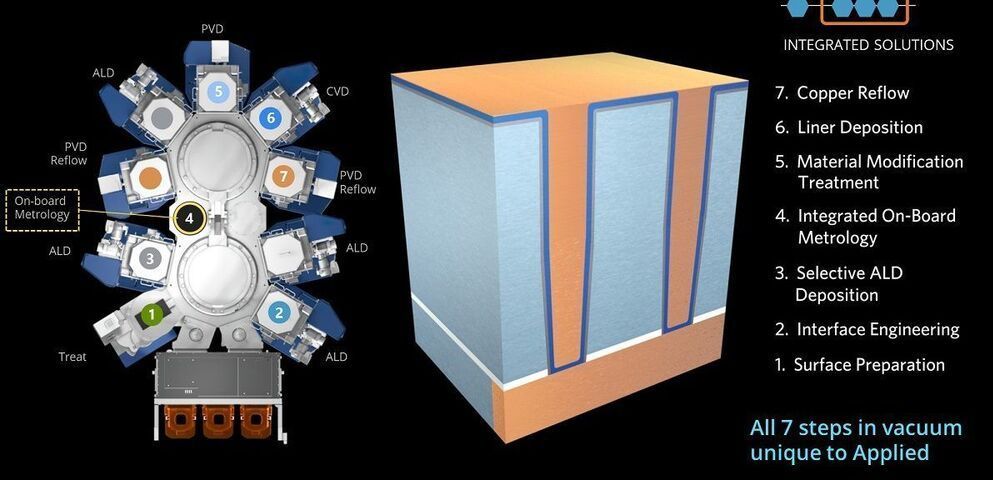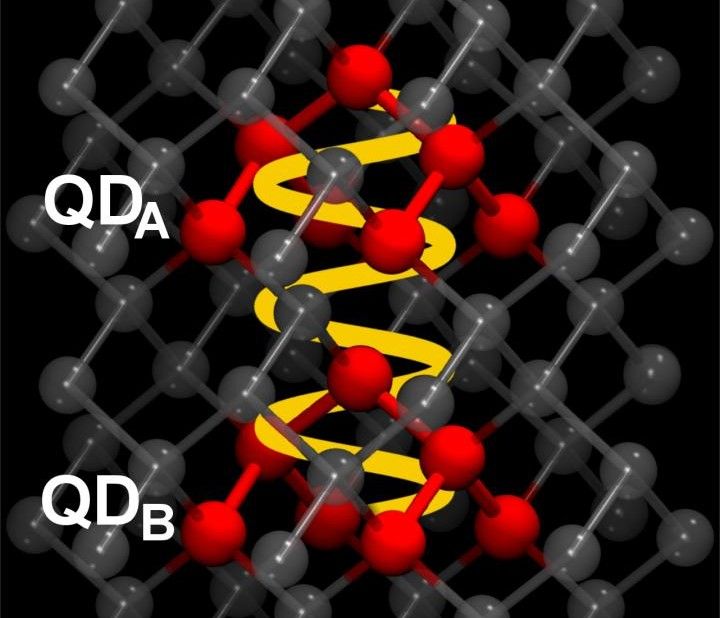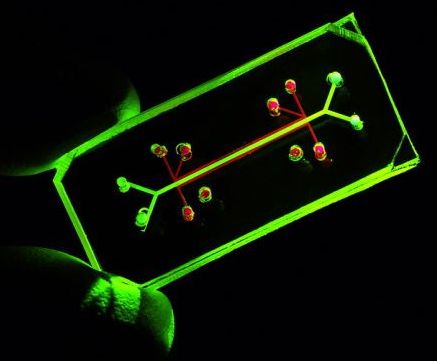Once researchers have done the hard work of translating a set of mathematical concepts into a proof assistant, the program generates a library of computer code that can be built on by other researchers and used to define higher-level mathematical objects. In this way, proof assistants can help to verify mathematical proofs that would otherwise be time-consuming and difficult, perhaps even practically impossible, for a human to check.
Proof assistants have long had their fans, but this is the first time that they have played a major role at the cutting edge of a field, says Kevin Buzzard, a mathematician at Imperial College London who was part of a collaboration that checked Scholze and Clausen’s result. “The big remaining question was: can they handle complex mathematics?” Says Buzzard. “We showed that they can.”
And it all happened much faster than anyone had imagined. Scholze laid out his challenge to proof-assistant experts in December 2020, and it was taken up by a group of volunteers led by Johan Commelin, a mathematician at the University of Freiburg in Germany. On 5 June — less than six months later — Scholze posted on Buzzard’s blog that the main part of the experiment had succeeded. “I find it absolutely insane that interactive proof assistants are now at the level that, within a very reasonable time span, they can formally verify difficult original research,” Scholze wrote.






